Baghdad – In a new move that sparked widespread questions about media freedoms in Iraq, the Media and Communications Authority issued decisions banning a lawyer and a political analyst from appearing in the media. The ban included lawyer Zainab Jawad for 90 days and political analyst Khalid Abu Iraq for one month, threatening media outlets with deterrent measures if they violate the decision. Although the authority bases its decisions on what it considers violations of broadcasting rules and regulations, critics see them as a means to silence dissenting voices, raising serious concerns about their impact on freedom of expression in the country. These measures follow a series of previous decisions targeting other political figures such as political analyst and media figure Basheer Al-Hajimi, political researcher Imad Bajlan, media professional Raed Al-Sharqi, and politician Najah Al-Meezan.
Hisham Al-Rukabi, a member of the Media and Communications Authority Commission, stated that the authority is an independent institution regulating the media and communications sectors according to the law, with no political affiliations. He added that the recent bans are purely regulatory decisions aimed at organizing the media sector, guided by media conduct regulations that ensure respect for others’ rights and society, and prohibit broadcasting content that incites violence, sectarianism, hatred, or provocation. Al-Rukabi emphasized that the authority reviews and holds accountable based on clear legal texts to prevent recurrence and ensure a professional and responsible media environment. Political researcher Basheer Ghalib Al-Hajimi described the bans as part of a systematic policy targeting national voices exposing political corruption. He criticized the bans as political targeting of any national voice opposing the corrupt policies currently accused even of killing Iraqis.
The Media and Communications Authority had previously banned Al-Hajimi twice from media appearances, first on August 13, 2024, for six months, and again in March this year until further notice. Al-Hajimi stated that they have opposed these policies for over 15 years and called on society to reject them, noting contradictions between the constitution’s guarantee of freedom of opinion and expression and the authorities’ actions, including filing lawsuits against them despite courts sometimes dismissing such cases as protected free speech. Legal expert Ali Al-Tamimi stressed the importance of strict controls distinguishing freedom of expression from slander, defamation, and privacy violations. He noted that the authority promotes media freedom and ethical journalist behavior, basing its work on media conduct codes derived from the Universal Declaration of Human Rights and the Iraqi constitution, specifically Article 38, which guarantees freedom of expression provided it does not conflict with public order, laws, and public morals.
The authority has monitoring mechanisms to evaluate media content and take necessary actions when violations occur, including warnings, demands for apologies, fines, and possibly suspending or revoking licenses. Al-Tamimi also explained that decisions can be appealed before a special council composed of a judge, legal expert, and communications specialist, whose decisions are final. He criticized the lack of clear laws in Iraq regarding internet crimes and freedom of expression, causing confusion between constructive criticism and abuse, noting that criticism aims at reform while abuse can be defamatory, punishable under Iraqi penal law.



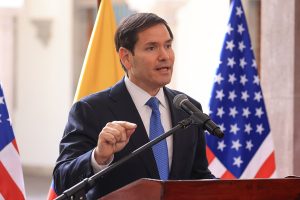

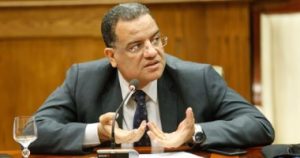
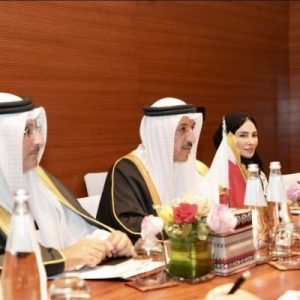

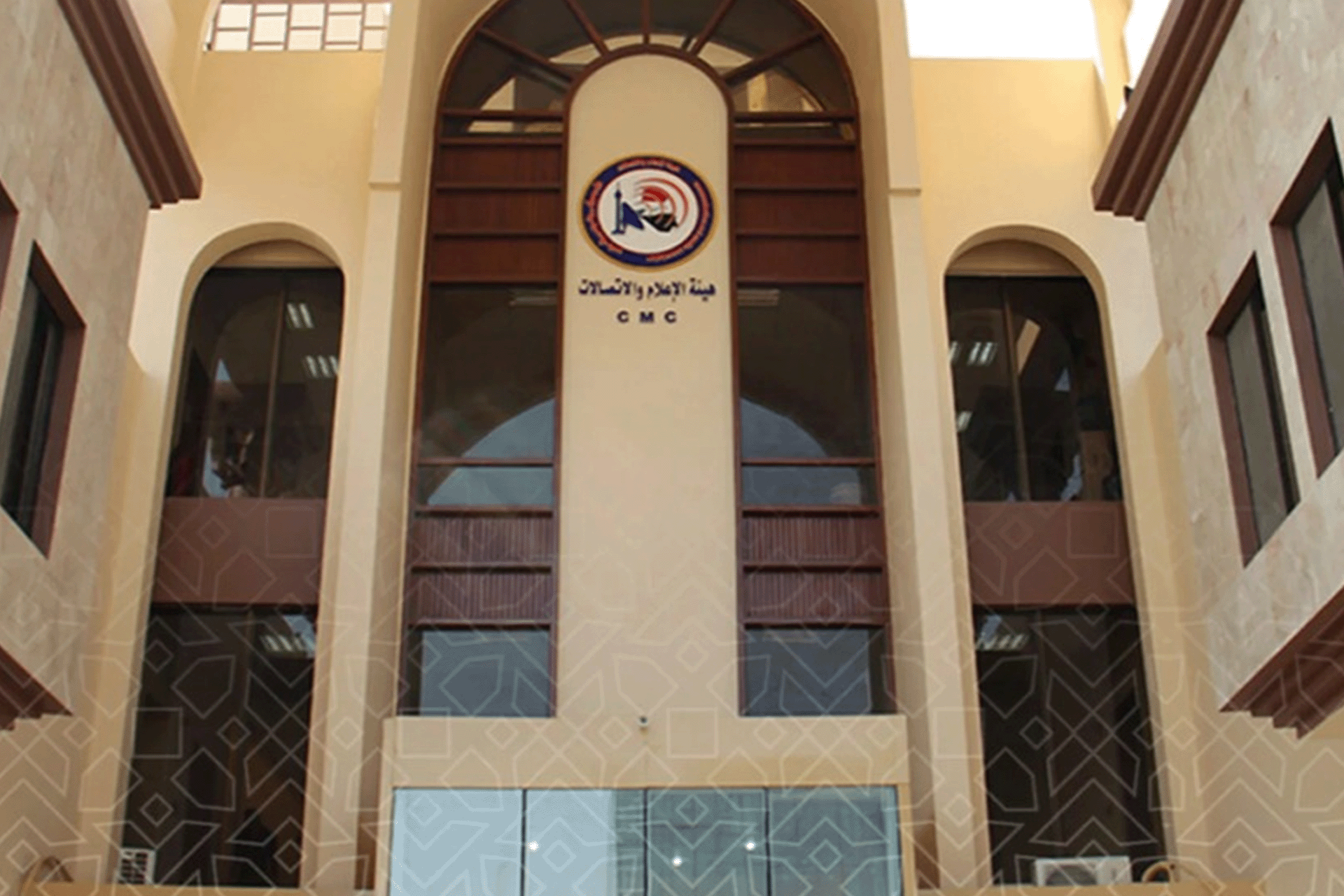
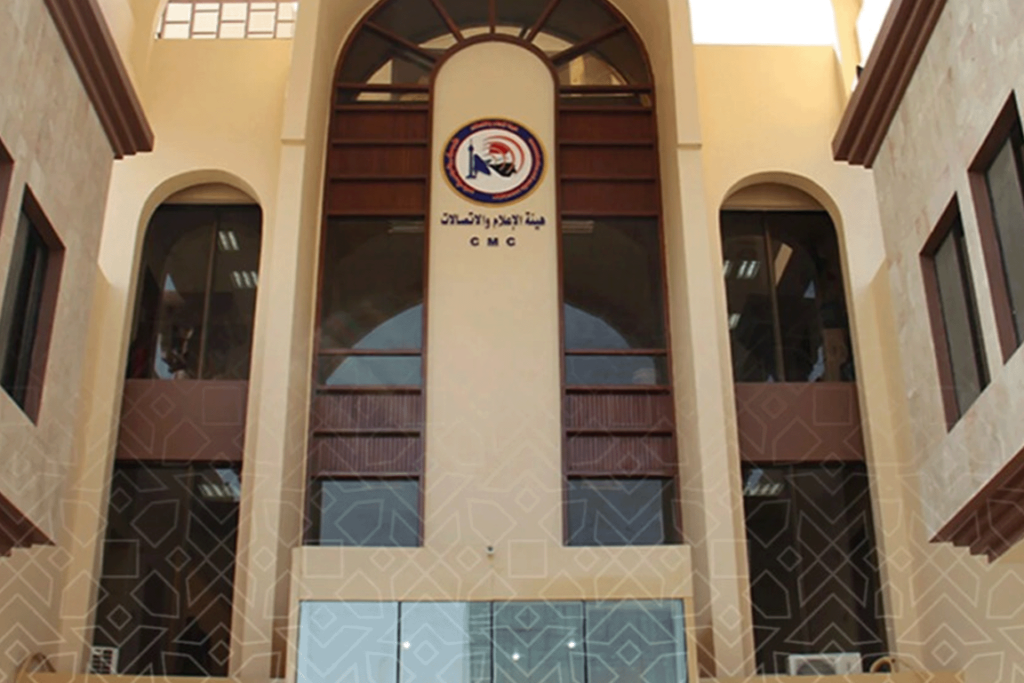




Recommended for you
Exhibition City Completes About 80% of Preparations for the Damascus International Fair Launch
Talib Al-Rifai Chronicles Kuwaiti Art Heritage in "Doukhi.. Tasaseem Al-Saba"
Unified Admission Applications Start Tuesday with 640 Students to be Accepted in Medicine
Egypt Post: We Have Over 10 Million Customers in Savings Accounts and Offer Daily, Monthly, and Annual Returns
His Highness Sheikh Isa bin Salman bin Hamad Al Khalifa Receives the United States Ambassador to the Kingdom of Bahrain
Al-Jaghbeer: The Industrial Sector Leads Economic Growth